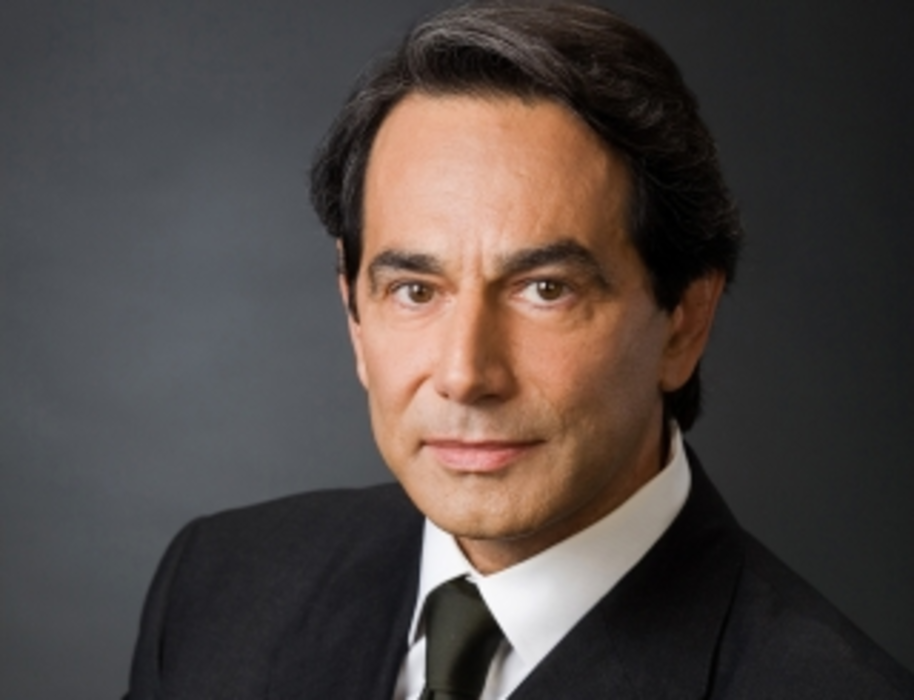Wunderman chairman and CEO Daniel Morel on challenges agencies are facing and the opportunities ahead.
Q: What are the biggest opportunities for agencies this year?
A: It starts with trust. The world has been changed fundamentally by the 2008 recession. Institutions [that were] once revered are being challenged by consumers who have discovered the power of their own voice through social media. The opinions and experiences of our circles and peers have had a major impact on how brands are viewed. We’ve seen trust in brands drop 50% in the past decade, especially in the past four years.
The voice is now a roar. That is where we see the opportunity. The conversations that matter are no longer taking place on brand properties. The content that is compelling is no longer created just by brands and their agencies.
Q: How should brands approach these empowered consumers?
A: As critics of a brand or creators of content around a brand, they expect their participation to be recognized and rewarded in nonmonetary ways. As individuals and groups concerned with and active in social issues, they expect a brand to engage them through its own values and commitments to the planet and its people. And as frequent users, they expect to be acknowledged as potential champions of a brand, and will readily
and actively support the brand if so treated. At Wunderman, we call this the ‘whole consumer.’ We are leveraging our insights into consumers in deeper ways, across their conversations, engagement and advocacy, as well as transaction and purchase, to build brand trust.
NEW MEDIA CHANNELS AND
DATA RAISE AGENCY PROFITS
DATA RAISE AGENCY PROFITS
Now that the recession is arguably over, direct marketing agencies are in an especially fortunate position. Given their efficiency and accountability, they’re poised for success in the data driven digital marketing revolution — and business is finally beginning to grow, according to many agency heads.
Q: What impact is mobile having on marketing?
A: Mobile is the greatest game changer since television in the 1950s. Consumers are relying on their mobile phones to buy, participate and share their experiences. They expect to find the information they want anytime, anywhere. One-third of the world’s population is carrying a smartphone, and our analytics and research are showing the enormous pent-up desire [for smartphones] among the other two-thirds. With the
addition of entertainment and apps and the ability to shop from our smartphones, mobile is turning marketing into [something] always on, with concepts like launches and campaigns. Mobile is also overturning global marketing with the world’s greatest consumer brands now realizing the opportunity to reach their consumers as individuals. If trust is king of the marketplace today, mobile will continue to be the channel and technology of choice.
Q: What challenges does Wunderman face this year?
A: Like everyone, I live through and relish the challenge of ever-changing behaviors, tools and technologies. At Wunderman, I also face the challenge of our size, the richness of our talent and the diversity of our capabilities. We’ve acquired a great number of companies and a great deal of talent over the past five years, the best we could find relevant to what we hear from our clients. The needs of a global network are very different from the needs of a shop of a few hundred people.
Q: How do you manage the needs of a global network?
A: Well, we start by remaining modest. We are determined to retain through our talent the nimbleness of a smaller shop. We are alert to the bureaucracy that creeps up with size. We focus first and foremost on our clients. Our mantra has always been that all relationships are local. We know our clients only succeed through marketing that is relevant locally. Locally might mean specific to a country or culture. It also means
enabling brands to engage consumers in their local and personal contexts, in-store and out-of-home. To do this, we are changing our processes from how we staff to how we share to enable us to provide the clients with the always on, fluid consumer engagement their business demands.








